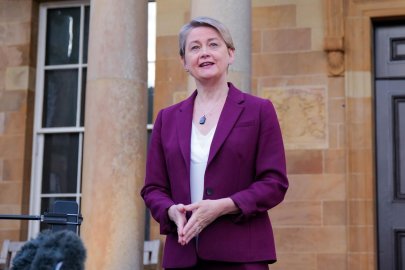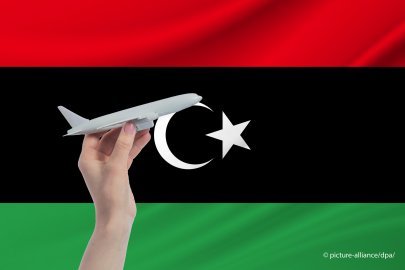Child migrants are dying crossing the Mediterranean, but why are they leaving?
Source: InfoMigrants: reliable and verified news for migrants – InfoMigrants
Eleven children die every week attempting to enter to Europe via the perilous Mediterranean route, according to the United Nations Children’s Fund (UNICEF).
Before he began his journey from Pakistan to Italy, 14-year-old Muhammad Abuzar vowed his family would never go hungry again.
“It will all be OK. I’ll educate my brothers. I’ll make your house. You won’t go hungry. Just pray for me,” Abuzar told his father, Pervez Akhtar.
Abuzar never made it to Italy. He is one of the estimated 750 Pakistani, Syrian, and Palestinian people on board a fishing trawler that capsized in the Mediterranean last month, on June 14. The tragedy is considered one of the deadliest migrant shipwrecks in history. Hundreds died and only 104 people have been rescued.
Abuzar’s body has not been found.
A July 15 CNN special report featuring the story of Abuzar illustrates the hard choices many migrants face when they leave their country to carve out a better life for the loved ones they leave behind. An increasing number of these migrants are children.
Akhtar tries in vain to accept the loss of his 14-year-old son.
Speaking to CNN, Akhtar said, “If anyone asks me, I will tell them, letting them die hungry is better than this. Don’t part with these pieces of your heart.”
Read more: Rising death toll at the gates of Europe is unacceptable, says UN
11 children die every week en route to Europe
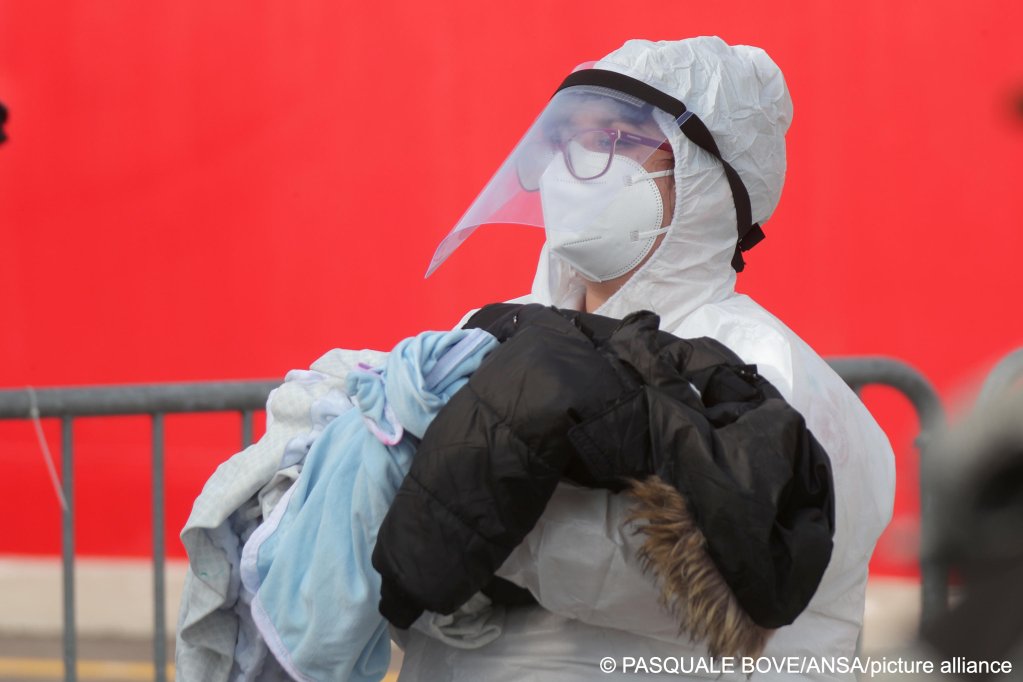
Many of the child migrants who set out for Europe alone face a long perilous journey plagued by risk. Smugglers profit from their desperation and sell them and their families the promise of escape. Predators rob, abuse or beat them.
Many may be displaced in a transit country for months at a time — or longer — because they have run out of money to travel further.
Many assume the risk as the price to pay to protect their families from the ravages of poverty.
“He (Abuzar) said we’ll die of hunger here anyway,” Akhtar told CNN. “It’s better to leave and he’ll be able to help. He said he’ll be able to pay for a decent education for his brothers, get medical treatment for his youngest brother, and maybe add a room to the house.”
According to the United Nations Children’s Fund (UNICEF), eleven children die every week on the Central Mediterranean Sea migration route. The number is likely to be higher because many shipwrecks go unrecorded or are left with no survivors.
UNICEF estimated that 11,600 children have made the crossing during the first six months of this year alone. This is nearly twice as many as the number reported in the same period in 2022. The majority were alone or separated from their parents.
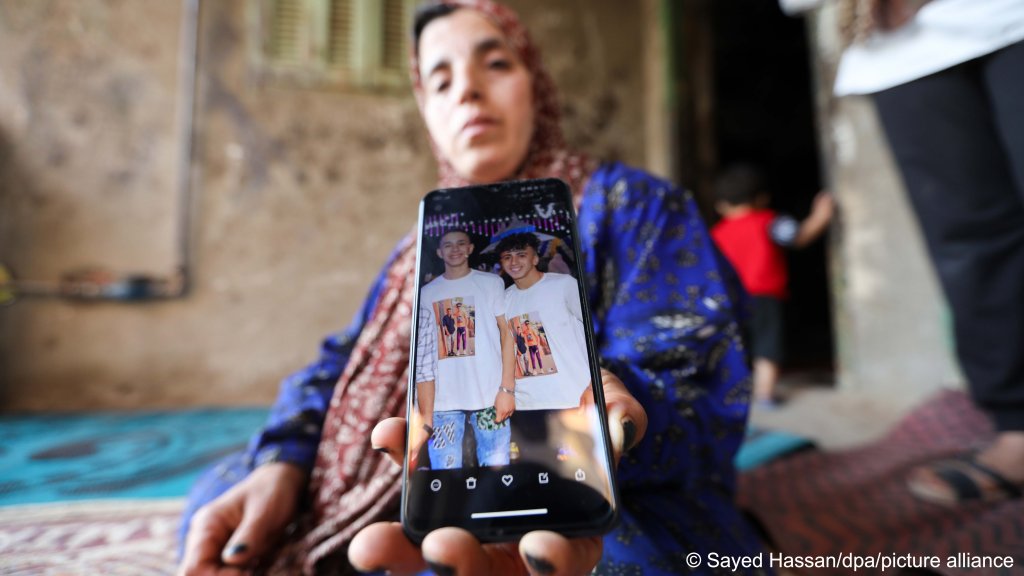
“We cannot continue to ignore what is happening – stand by silently when nearly 300 children – an entire plane full of children — are dying in the waters between Europe and Africa in just six months,” Vera Knaus, the agency’s Global Lead on Migration and Displacement, told journalists at a press briefing in Geneva.
Just want a ‘safe’ place
Government statistics show a surge in the number of citizens leaving Pakistan nearly tripled in 2022 compared to previous years.
Multiple crises — including the ouster of Prime Minister Inmar Khan as a result of a no-confidence vote and devastating floods impacting some 30 million people in 2022 — are dragging Pakistan through its worst economic crisis since its independence.
The European Agency for Fundamental Rights (FRA) studied the experiences of unaccompanied children who arrived in Greece between 2015 and 2018.
Of the unaccompanied minors interviewed in the story, almost 97% were boys between 14-17 years old and traveling alone.
For almost half of those interviewed, Europe was a “fuzzy” concept. They did not have a specific destination in mind when starting their journey. Many simply depended on what destination was on offer by smugglers. All of them wanted to find a “safe” place to build their life.
Many of the interviewees said their goal was to migrate to another country, find a job and send money home to their families, which often included a sick family member.
Others wanted to migrate to escape violence, religious conflicts and land disputes that resulting in vendettas among extended family members.
All of those interviewed had been smuggled into Europe.
FRA reported that some of the children were too overcome by trauma to speak about their path into Europe. Those who could described a long and painful journey on foot, rammed into car trunks, hidden in the back of trucks or loaded into rickety boats overcrowded by other passengers. Some had lived and worked in Turkey for months or even years before continuing to Greece.
Several claimed they were beaten by smugglers to force them to ask their families to send more money.
“We were placed in a small room and then all of us, one by one, were beaten by the traffickers, because we had to call Pakistan and say that we had arrived in Turkey, in order to send money,” one of the interviewees told FRA.
Read more: Thousands of kilometers alone: Unaccompanied child migrants arriving in Europe
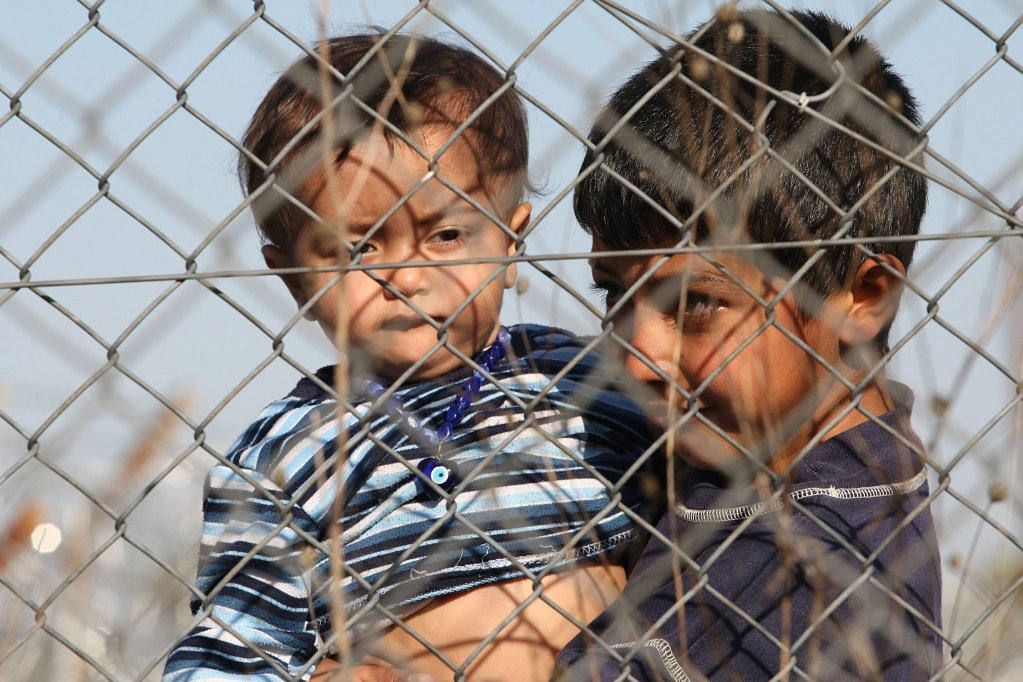
The FRA study pointed to gaps in data collection, lack of qualified staff and reception centers not tailored to the needs of child migrants as recurring weaknesses in current migration and asylum policies for children.
These flaws result in the delayed referral of child migrants to systems of support and integration, such as healthcare, guardian or foster care, and education.
In 2022, the International Organization for Migration (IOM), the United Nations Refugee Agency (UNHCR), and UNICEF issued a joint statement urging European countries to seek out alternatives to the continued practice of detaining asylum-seeking, refugee and migrant children.
“Family unity and the best interests of the child go hand in hand in the context of persons on the move. We encourage governments to work to replace immigration detention for children and families with community-based programs, case management, and other rights-based alternatives, which have proven highly effective,” Ola Henrikson, IOM Regional Director, said in a statement.
The original article: belongs to InfoMigrants: reliable and verified news for migrants – InfoMigrants .


